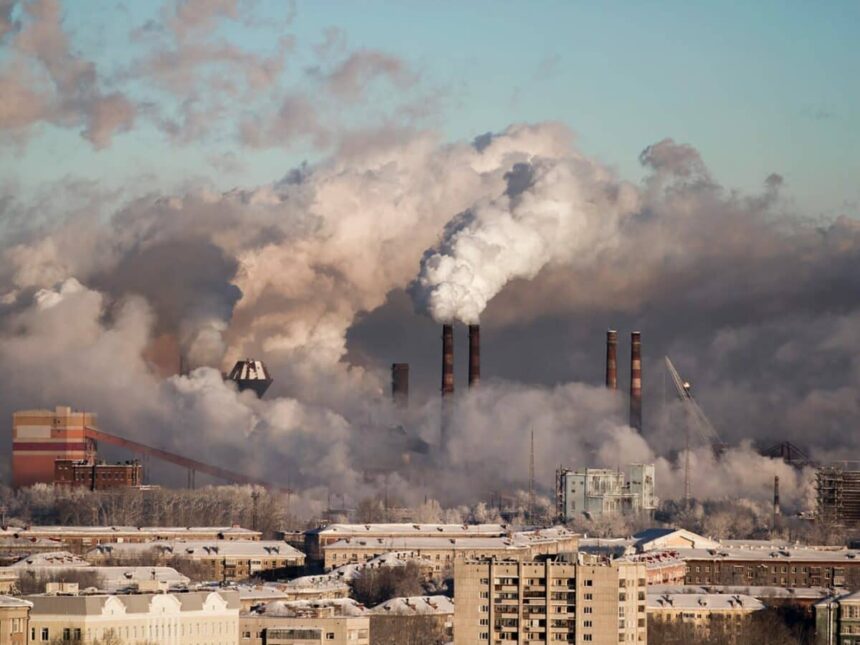The 2024 World Air Quality Report has recently been released, shedding light on the concerning levels of pollution in Africa. Countries such as Ghana, Nigeria, Chad, and Rwanda have been identified as some of the most polluted nations in the world, highlighting a growing air quality crisis that poses a significant risk to the health of millions of people.
PM2.5 particles, which are extremely small and harmful pollutants, have been found to be prevalent in these countries, with levels far exceeding the World Health Organization’s recommended guidelines. These microscopic particles can penetrate deep into the lungs and bloodstream, leading to severe respiratory and cardiovascular diseases.
In Ghana, the situation is particularly alarming. The country’s air pollution levels have been steadily increasing over the years, with the capital city, Accra, ranking as the 16th most polluted capital globally. Kumasi, a city featuring for the first time in the report, has surpassed Accra as the most polluted city in Ghana, indicating a worrying trend of deteriorating air quality.
Africa as a whole is facing a severe air pollution crisis, with limited monitoring infrastructure and high levels of pollution in many cities. The report highlights that only 24 out of 54 African countries reported air quality data, with many cities recording PM2.5 levels well above the WHO guidelines.
The causes of air pollution in Africa are attributed to rapid urbanization, population growth, industrial emissions, and the unregulated burning of waste. NGOs play a significant role in providing air quality data in the absence of strong government-led monitoring initiatives, emphasizing the need for better regulation and enforcement of environmental policies.
Experts are calling for stricter environmental regulations in Ghana, including measures to reduce vehicle emissions, increase investment in renewable energy, expand air quality monitoring stations, and implement anti-burning policies to curb emissions from industries and households. Failure to take urgent action could result in a worsening health crisis and significant economic costs in the years to come.
In conclusion, the air quality situation in Ghana and Africa at large is a pressing issue that requires immediate attention and concerted efforts from both governments and individuals. By taking proactive steps to address air pollution, we can safeguard the health and well-being of current and future generations.








